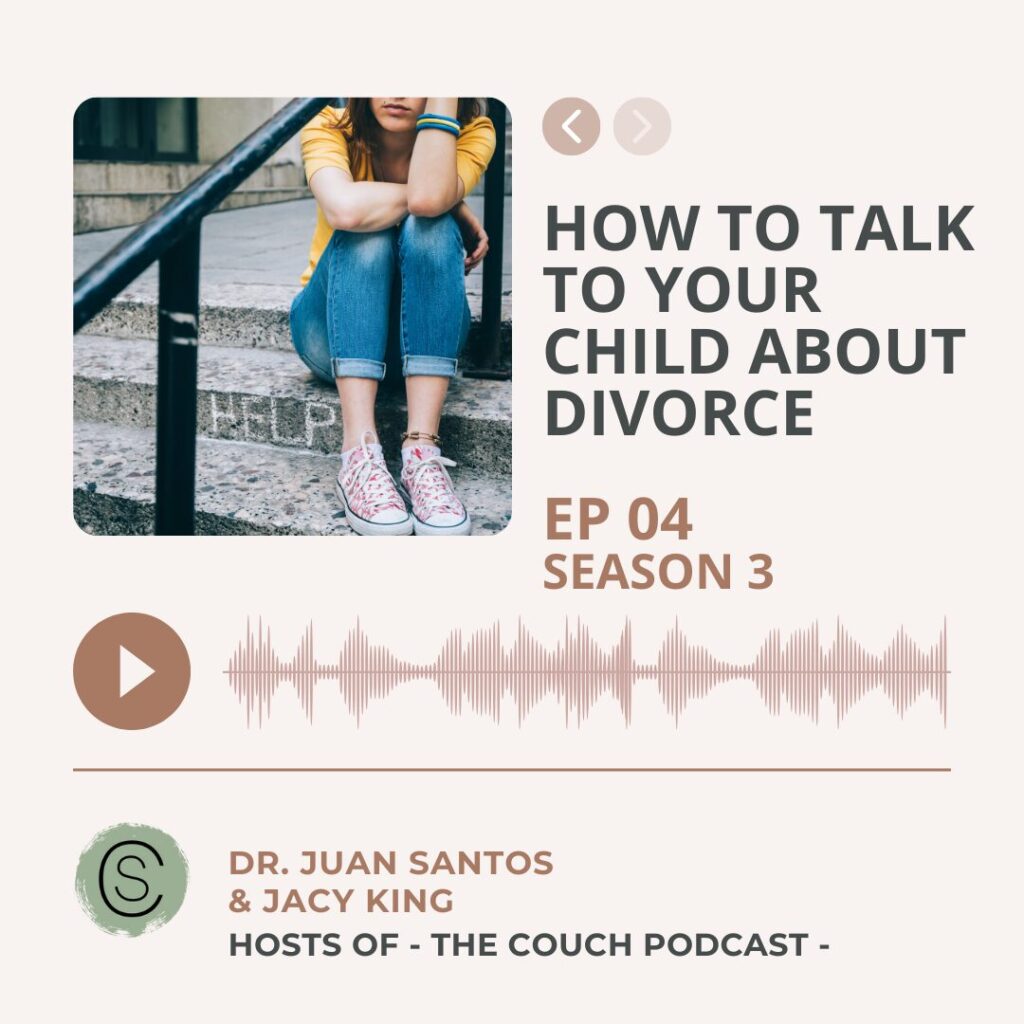Coparenting Tips After A Divorce
Co-parenting with your ex can give your child stability and the close relationship that the “child” and “parents” desire to achieve.
Easier said than done, right?
The most important factor to remember is that when you are co-parenting it truly is no longer about you and your personal satisfaction. Co-parenting means that you and your ex are willing to put the gloves aside in order to focus on:
- Your child(s) needs.
- The best interest of your child.
- Compromising.
- Listening to each other as co-parents and working towards decisions that you both agree on in terms of “what is best for your child”.
Often there are a few obstacles that you will enter when co-parenting. For instance, “what is best for your child?”
Technically you may feel that you know this better than your ex (for one reason or another). It’s okay to feel this way. What I want to encourage you to do is to propose the decision to your ex and hear out their opinion or reservations. If you are not able to come to a decision on the subject, create a plan that the next related decision will be made by your ex.
Below is an example:
Your daughter is with her father (your ex). Her father wants to cut her and dye her hair. After speaking with you about it, you honestly do not want to. You feel that pink hair will isolate her at school and cause problems. Your ex on the other hand disagrees and feels excited about it. Instead of jumping the gun on the subject – breathe. Remember it’s just hair and it can be turned back to its desired color. Tell your ex how you feel and if you two are not able to meet halfway, then let him know that you are picking the next decision because he did this one.
4 Positive Coparenting Tips
1. Get your feelings out
It is 100% okay to feel a certain way about your ex. You may literally dislike them in every way. The thing is that you are more than likely going to have a past history that has impacted you in a negative manner.
Life possibly did not turn out the way you expected. If you are aware of this and are having difficulties managing your emotions or mood around your ex in a manner that is negatively impacting your child or you – ask for a little assistance.
Ask a friend or family member to allow you to vent to them and work through emotions. Or seek a counselor to help you manage your emotions and release the built-up tension you have.
2. Do not put your kids in the middle
Your child is not your messenger.
When parents do this it truly violates and inhibits parent-child boundaries while further blurring your relationship with your child.
Remember the goal is to keep your personal conflicts away from your child. You can do this by creating a safety word. Maybe when you are about to click and grow up having a safety word such as “PURPLE” will remind you and your ex to settle the conflict at a different time.
3. Commit to a healthy relationship by giving each other time
The only way that your co-parenting can truly work and benefit your lifestyle and that of your child is if you give the gift of time to your ex. Being separated does not in any way take away your parenting goals or authority.
Engage in frequent conversation with your ex in order to:
- Build a strong and healthy relationship with them.
- Demonstrate to your child that although the marriage itself did not work – mom and dad are unified in supporting their child.
- Both parents can show restraint.
4. Build consistency and commitment
Your child will more often (or possibly already is) share custody – going from one house to the other. Put yourself in your child(s) shoes. How exhausting would it be to go from one house to the other?
Different rules, rooms, family, parenting styles, expectations, responsibilities – different everything.
Why not meet halfway with your ex and create a system that will support your child when transitioning from one house to the other?
Make sure that the system is consistent or your child will be the first to notice and to be impacted by it.
How Counseling Helps Coparents:
- Learn to discuss difficult topics.
- Come together to build structure and organization.
- Conflict resolution.
- Counseling provides a neutral space for parents to align.
- You can develop a co-parenting plan for the future.
- Work individually and collectively on creating and setting healthy boundaries.
- Develop boundaries.
Co-parenting is hard work. It truly pushes parents to their limits.
Remember that you are primarily focused on your child and what is best for them (not for you). In addition, you are a co-parent and as a co-parent, it is important for you to build a healthy relationship with your ex in order to mutually create a solid system for your child’s upbringing.





